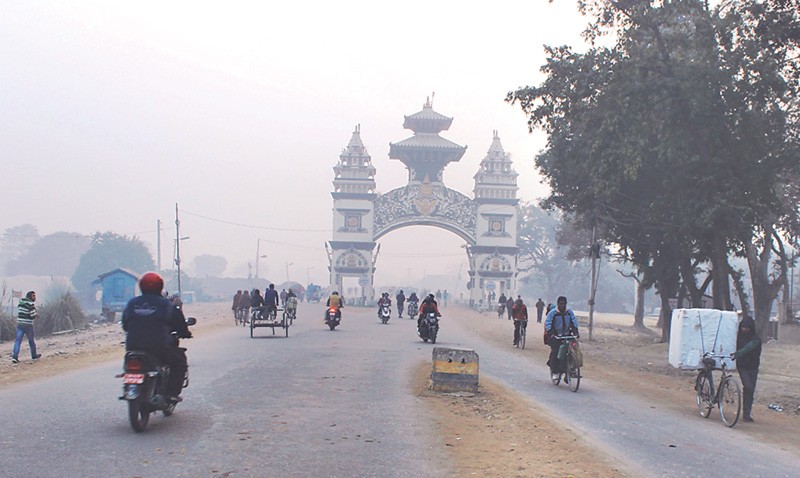The Sirsiya Dry Port in Birgunj is struggling with uncleared cargo as importers are not willing to remove the cargo from the port due to low consumer demand and lack of trucks. The dry port is operating at three times its capacity with 4,358 containers sitting in its premises. According to port officials, the congestion has affected the facility’s ability to accept new cargo.
Goods are typically supplied to Nepal through two routes — the Sirsiya Dry Port and Integrated Check Post — in Birgunj. Imports arrive on railway rakes at the dry port while trucks carrying cargo pass through the integrated check post.
On a normal day, the integrated check post sees more traffic than the dry port and collects four times more revenue. But with a lockdown in India affecting the movement of cargo trucks, importers are relying heavily on bringing goods via the dry port instead.
Hari Gautam, an import-export trader, said that the importers are willing to bring goods from third countries via railway rather than by road during the lockdown to avoid hassles and reduce risks during transport.
Bringing goods by road is difficult as there are many obstacles from security personnel to local guards in various states and cities of India,” he said. “Importing goods via railway is cheaper and comes with less hassle, he said.
Umesh Shrestha, chief of the customs office of the dry port, said that the arrival of goods through the dry port has increased compared to normal. “We are seeing 3-4 railway rakes filled with cargo arriving from India daily, which is more than usual,” he said.
However, traders are not clearing their goods on time, with the majority just leaving the cargo unclaimed, resulting in complications in yard management at the dry port, he added. The dry port could burst under the tremendous stress, with nearly a dozen railway rakes set to arrive in Birgunj soon from the Visakhapatnam and Kolkata ports in India.






